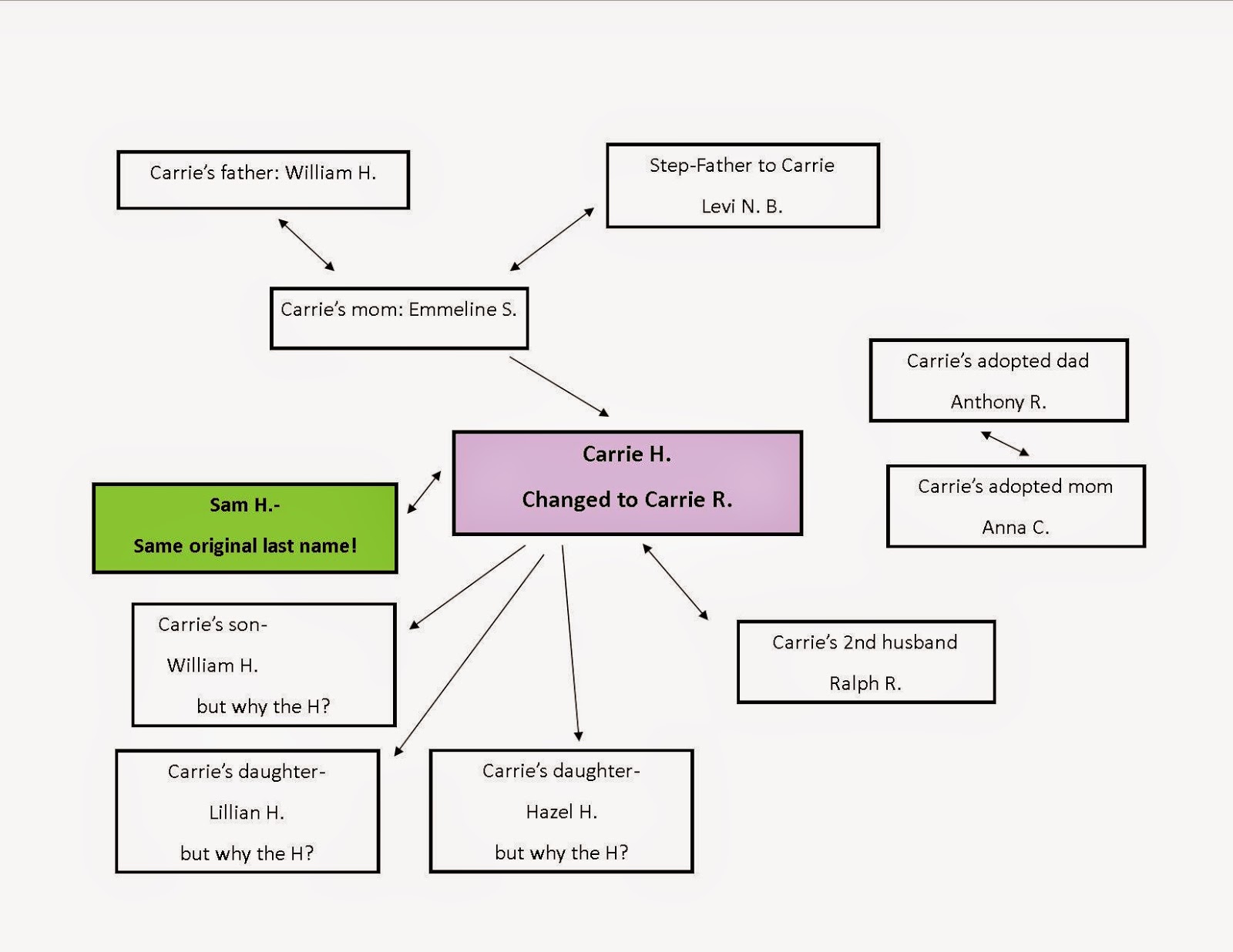Luke has Chronic Fatigue Syndrome... but no, he doesn't sleep all of the time.
CFS is something that people know all about only if they have it or someone very close to them has it. Some people, including a doctor I have met, do not believe that CFS is real- or rather, they believe it is a mental disorder- not an actual physical disorder at all.
The Centers for Disease Control (CDC) says it this way:
"Chronic fatigue syndrome, or CFS, is a debilitating and complex disorder characterized by profound fatigue that is not improved by bed rest and that may be worsened by physical or mental activity. Symptoms affect several body systems and may include weakness, muscle pain, impaired memory and/or mental concentration, and insomnia, which can result in reduced participation in daily activities.
As the name chronic fatigue syndrome suggests, fatigue is one part of this illness. With CFS, however, the fatigue is accompanied by other symptoms. In addition, the fatigue is not the kind you might feel after a particularly busy day or week, after a sleepless night, or after a single stressful event. It's a severe, incapacitating fatigue that isn't improved by bed rest and that is often worsened by physical activity or mental exertion. It's an all-encompassing fatigue that can dramatically reduce a person's activity level and stamina.
People with CFS function at a significantly lower level of activity than they were capable of before they became ill. The illness results in a substantial reduction in work-related, personal, social, and educational activities.
The fatigue of CFS is accompanied by characteristic illness symptoms lasting at least 6 months. These symptoms include:
- increased malaise (extreme exhaustion and sickness) following physical activity or mental exertion
- problems with sleep
- difficulties with memory and concentration
The symptoms listed above are the symptoms used to diagnose CFS. However, many CFS patients and patients in general may experience other symptoms, including:
- brain fog (feeling like you're in a mental fog)
- difficulty maintaining an upright position, dizziness, balance problems or fainting
- sensitivities to foods, odors, chemicals, or noise
- depression or mood problems (irritability, mood swings, anxiety, panic attacks)
The severity of CFS varies from patient to patient. Some people can maintain fairly active lives. For most patients, however, CFS significantly limits their work, school, and family activities for periods of time.
While symptoms vary from person to person in number, type, and severity, all CFS patients are limited in what they can do to some degree. CDC studies show that CFS can be as disabling as multiple sclerosis, lupus, rheumatoid arthritis, heart disease, end-stage renal disease, chronic obstructive pulmonary disease (COPD), and similar chronic conditions.
CFS often affects patients in cycles: Patients will have periods of illness followed by periods of relative well-being. For some patients, symptoms may diminish or even go into complete remission; however, they often recur at a later point in time. This pattern of remission and relapse makes CFS especially hard for patients to manage. Patients who are in remission may be tempted to overdo activities when they're feeling better, but this overexertion may actually contribute to a relapse."
Sounds just grand or what?!
But Luke's doctor is terrific. She has him on an experimental type treatment that, mostly, seems to be helping...
CFS is so very misunderstood by so very many people. I think it might be because those people do not see the day to day limitations.
Most days, when you look at Luke, you see someone who is a bit quiet, someone who is concentrating on his computer or on reading the scriptures or the news. If you talk with him, he replies pleasantly, although sometimes without a prolonged conversation.
You do not see the level of effort it takes to get out of bed on the worst days. And then, it is sitting, sometimes with his head down, just waiting for the exhaustion to finally leave.
You don't see the after effects of conversation on the worst days... the inability to make the smallest of decisions for hours afterwards- when to eat, when to sleep- it becomes again a period of waiting until he can feel even a little more normal.
And noises, sometimes ordinary noise we all hear every day, can set off unexplained emotions or trigger exhaustion...
As you can see, even after living with someone with CFS for a couple of years, I still cannot adequately explain it all- one of those experiences you have to live with to understand.
So what is there in all of this to be grateful for?
Well, there are "good" days. Luke will not die from this- although it is not painless. Most of my family has been understanding to some degree. Luke is getting better (he now has more good times than bad)
Best part? I know that he will be all the way better one day.... it is something that has been promised to both of us many times by our Father in Heaven.
Now if I can only build my faith enough to be patient until that day comes...




















































